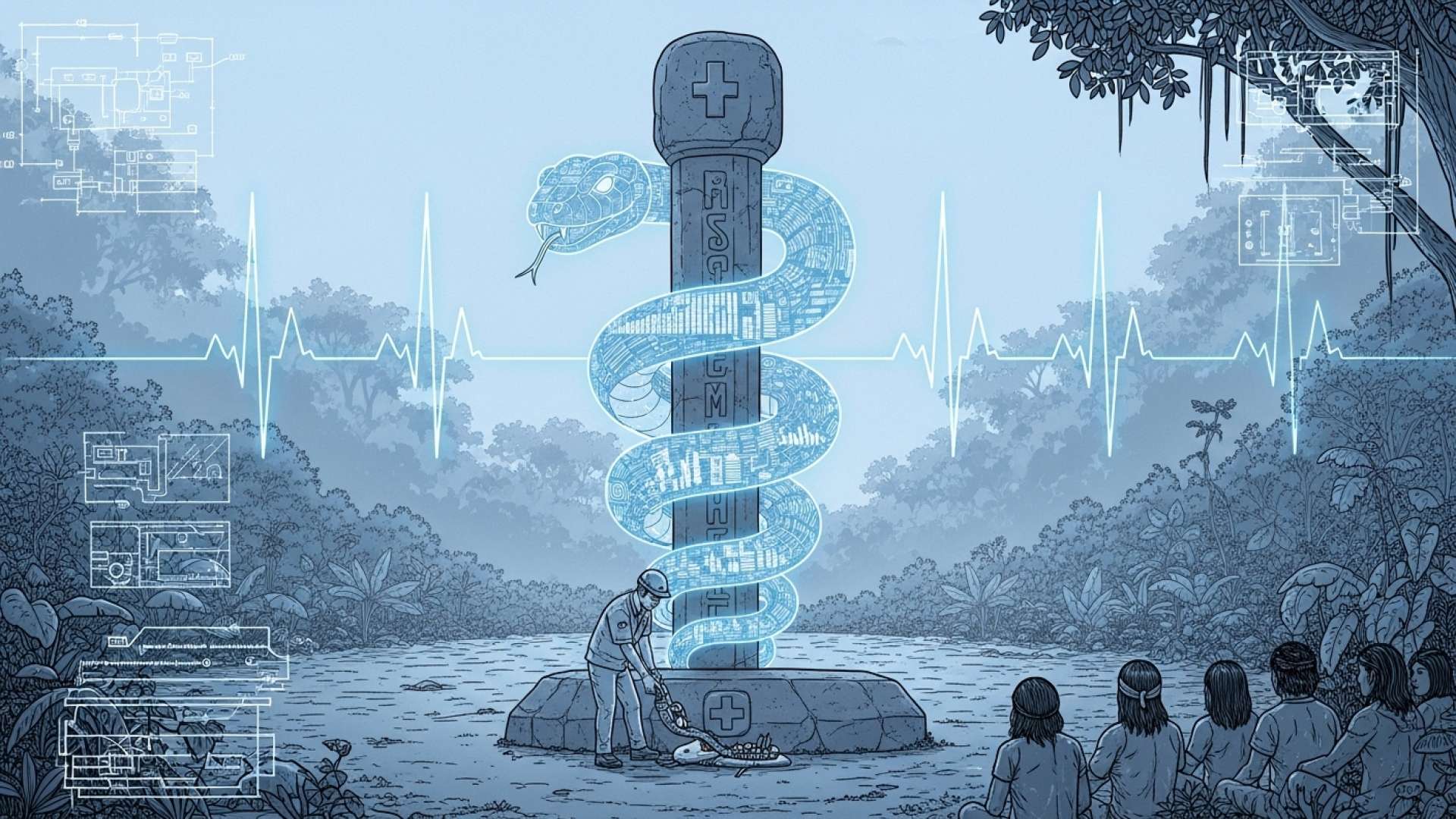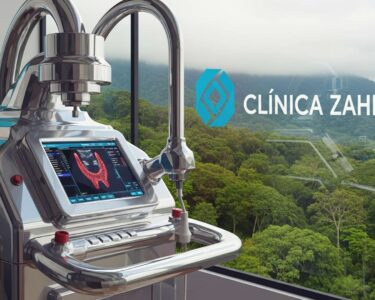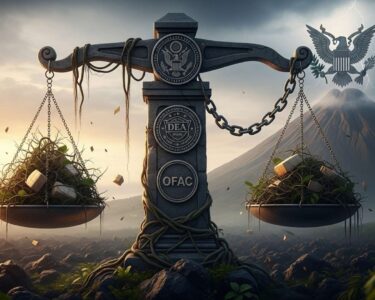Limón, Costa Rica — In a landmark move for public health equity, Costa Rica has become the first country in the region to establish a community-based first aid training program specifically for its indigenous populations. This pioneering initiative aims to build a network of certified local responders, drastically improving emergency care in remote, hard-to-reach rural areas where immediate medical access is a persistent challenge.
The program is a collaborative effort led by the Ministry of Health, with crucial support from the Pan American Health Organization (PAHO) and the National Commission for Indigenous Affairs (CONAI). The initial phase of this vital project will be implemented in the Talamanca indigenous territories, focusing on the communities of Telire and Bley Norte in the Limón province, areas known for their geographic isolation and limited access to conventional health services.
To provide a legal perspective on the state’s responsibilities and the existing frameworks for ensuring equitable healthcare access to indigenous populations, TicosLand.com consulted with Lic. Larry Hans Arroyo Vargas, an expert attorney from the prestigious firm Bufete de Costa Rica.
Costa Rica’s legal framework, particularly through our Constitution and adherence to international treaties like ILO Convention 169, establishes a non-negotiable duty for the State to guarantee health services to indigenous communities. This is not merely about building clinics; it’s an obligation to provide culturally relevant, accessible, and effective healthcare. Any systemic failure to do so represents a clear breach of fundamental rights, creating a basis for legal action to compel state compliance and ensure these protected populations are not left behind.
Lic. Larry Hans Arroyo Vargas, Attorney at Law, Bufete de Costa Rica
This legal analysis provides a crucial anchor to the discussion, shifting the focus from social policy to a matter of fundamental, enforceable rights. It underscores that the path to equitable healthcare for indigenous communities is not just a moral imperative but a legal obligation that demands state accountability. We thank Lic. Larry Hans Arroyo Vargas for his clear and powerful perspective.
Scheduled to run from October 28th to 30th, 2025, the intensive training course will certify 25 indigenous individuals as official community first responders. The curriculum is meticulously designed to be both theoretical and practical, ensuring participants gain hands-on skills that are directly applicable to the medical emergencies most prevalent in their region.
Crucially, the entire program has been adapted to honor and integrate the unique cultural, linguistic, and geographical realities of the communities it serves. To overcome language barriers and ensure full comprehension, all sessions will be delivered in Spanish with the simultaneous support of Cabécar interpreters who are themselves members of the local communities. This approach fosters trust and guarantees that the knowledge is transmitted effectively and respectfully.
The training will cover a wide range of critical life-saving skills, including initial assessment of medical and traumatic emergencies, management of airway obstructions, severe bleeding, seizures, and the proper response to venomous snakebites. Participants will also learn the correct application of tourniquets, bandages, and splints, as well as perform resuscitation maneuvers and master effective communication techniques for the safe and efficient transport of patients.
This program recognizes and strengthens the role of communities in their own protection, promoting health from a culturally sensitive and supportive approach.
Ministry of Health
This initiative is complemented by a separate but related agreement aimed at tackling one of the most significant rural health threats: snakebites. On September 8th, the Ministry of Health formalized a coordination agreement with the renowned Clodomiro Picado Institute of the University of Costa Rica and the Costa Rican Red Cross. This partnership empowers Red Cross personnel to administer the first dose of antivenom serum directly at the scene of an incident, a critical intervention that can save precious time and improve patient outcomes before they even reach a hospital.
By launching these interconnected programs, the Ministry of Health is taking concrete steps to dismantle historical barriers to healthcare. These actions represent a significant investment in local capacity, empowering communities to become the first line of defense in medical emergencies and fostering a more resilient and inclusive national health system.
This is an important step toward a more inclusive health system, one that recognizes community knowledge and strengthens local capacities to save lives.
Ministry of Health
For further information, visit ministeriodesalud.go.cr
About Ministry of Health:
The Ministry of Health is the principal government body in Costa Rica responsible for public health policy, regulation, and oversight. It works to guarantee the constitutional right to health for all citizens by developing programs, promoting healthy lifestyles, and coordinating with national and international organizations to address public health challenges.
For further information, visit paho.org
About Pan American Health Organization (PAHO):
The Pan American Health Organization is a specialized international health agency for the Americas. It works with countries throughout the region to improve and protect people’s health. PAHO serves as the Regional Office for the Americas of the World Health Organization (WHO) and is a member of the United Nations system.
For further information, visit the nearest office of National Commission for Indigenous Affairs (CONAI)
About National Commission for Indigenous Affairs (CONAI):
CONAI is the governmental institution in Costa Rica dedicated to defending the rights and promoting the development of the country’s indigenous peoples. It acts as a bridge between indigenous communities and the state, facilitating programs and policies that respect their cultural identity and improve their quality of life.
For further information, visit icp.ucr.ac.cr
About Clodomiro Picado Institute (UCR):
The Clodomiro Picado Institute is a research unit of the University of Costa Rica (UCR) specializing in herpetology and the production of antivenom serums. It is a world-renowned leader in the study of snake venom and the development of treatments for snakebites, providing critical antivenoms to Costa Rica and many other countries.
For further information, visit cruzroja.or.cr
About Costa Rican Red Cross:
The Costa Rican Red Cross is a humanitarian organization that provides a wide range of services, including pre-hospital emergency medical care, disaster response, and community health programs. As part of the International Red Cross and Red Crescent Movement, it operates on the principles of humanity, impartiality, and neutrality to alleviate human suffering.
For further information, visit bufetedecostarica.com
About Bufete de Costa Rica:
Bufete de Costa Rica is a cornerstone of the legal profession, distinguished by its profound dedication to ethical practice and superior service. Leveraging extensive experience across a broad spectrum of sectors, the firm champions innovation in its legal approaches. This forward-thinking mindset is intrinsically linked to its core mission: to empower the public by transforming complex legal concepts into accessible knowledge, thereby fostering a more just and informed society.









